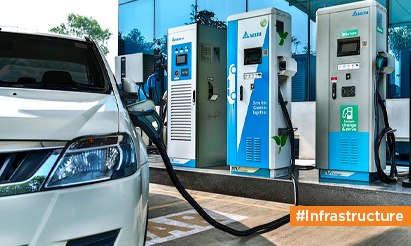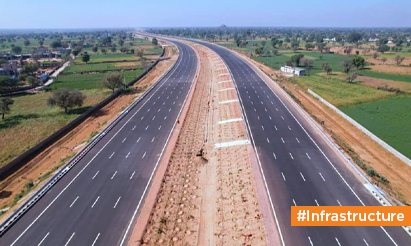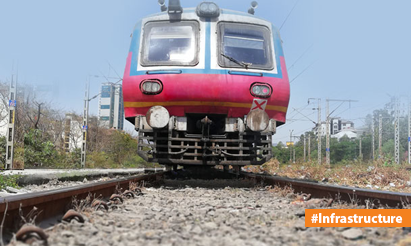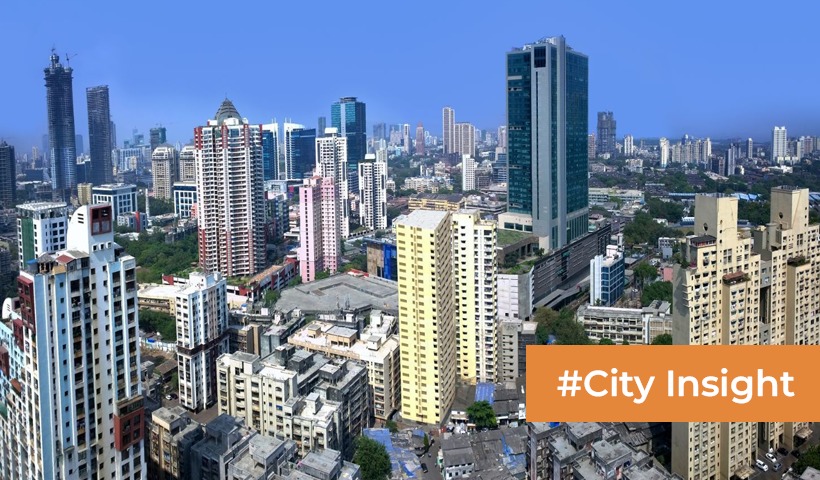Maritime Marvels: Unraveling the Importance and Comprehensive List of National Waterways in India!
Introduction: India is blessed with an extensive network of waterways that traverse its diverse landscape, providing a crucial mode of transportation and contributing to economic growth. The development of national waterways has been instrumental in enhancing connectivity, reducing transportation costs, and promoting inland trade. In this article, we will explore the significance of national waterways in India and provide a comprehensive list of these vital transportation arteries.
Importance of National Waterways:
- Economic Growth: National waterways play a pivotal role in boosting economic development by facilitating the transportation of goods and raw materials across different regions. They provide a cost-effective alternative to road and rail transport, particularly for bulk cargo and heavy commodities.
- Trade Facilitation: Waterways enable seamless connectivity between ports and inland destinations, fostering trade activities both domestically and internationally. This integration contributes to the growth of industries and promotes international trade relations.
- Environmentally Friendly: Compared to other modes of transport, waterways have a lower carbon footprint and significantly reduce congestion on roads, leading to improved air quality. Utilizing waterways helps minimize the environmental impact of transportation, making it a sustainable choice.
- Job Creation and Tourism: The development of waterways leads to the creation of employment opportunities in various sectors such as shipping, logistics, tourism, and hospitality. Waterway tourism, including river cruises and recreational activities, contributes to local economies and promotes cultural exchange.
Complete List of National Waterways in India:
- National Waterway 1 (NW-1) – River Ganga: Runs along the Ganges River from Haldia in West Bengal to Allahabad in Uttar Pradesh, covering a distance of approximately 1,620 kilometers.
- National Waterway 2 (NW-2) – River Brahmaputra: Extends from the Dhubri-Sadiya route in Assam, covering a distance of about 891 kilometers.
- National Waterway 3 (NW-3) – West Coast Canal: Connects Kottapuram in Kerala to Kasaragod, covering a distance of approximately 205 kilometers.
- National Waterway 4 (NW-4) – Krishna River: Spans across the Krishna River in Andhra Pradesh and Telangana, covering a distance of around 289 kilometers.
- National Waterway 5 (NW-5) – East Coast Canal: Runs along the East Coast of India, connecting the Chennai Ennore Port to Puducherry, covering a distance of approximately 800 kilometers.
- National Waterway 6 (NW-6) – River Barak: Covers the Barak River in Assam, connecting Lakhipur to Bhanga, with a distance of about 121 kilometers.
- National Waterway 7 (NW-7) – River Gandak: Connects the Indo-Nepal border to the Hajipur in Bihar, spanning approximately 300 kilometers.
- National Waterway 8 (NW-8) – River Mahanadi: Covers the Mahanadi River in Odisha, connecting Talcher to Dhamra, covering a distance of around 588 kilometers.
- National Waterway 9 (NW-9) – River Sundarbans: Connects the Sagar Island to Haldia in West Bengal, covering a distance of about 162 kilometers.
Conclusion: National waterways in India have emerged as crucial infrastructure for transportation, trade, and economic growth. They offer immense potential for reducing logistics costs, enhancing connectivity, and promoting sustainable development. The comprehensive list of national waterways provided in this article showcases the vast network of water-based transport routes that contribute significantly to India’s development journey. Efforts towards further development and maintenance of these waterways will continue to play a vital role in unlocking the country’s economic potential and ensuring a greener and more efficient transport system.
Disclaimer: The views expressed above are for informational purposes only based on industry reports and related news stories. PropertyPistol does not guarantee the accuracy, completeness, or reliability of the information and shall not be held responsible for any action taken based on the published information.




